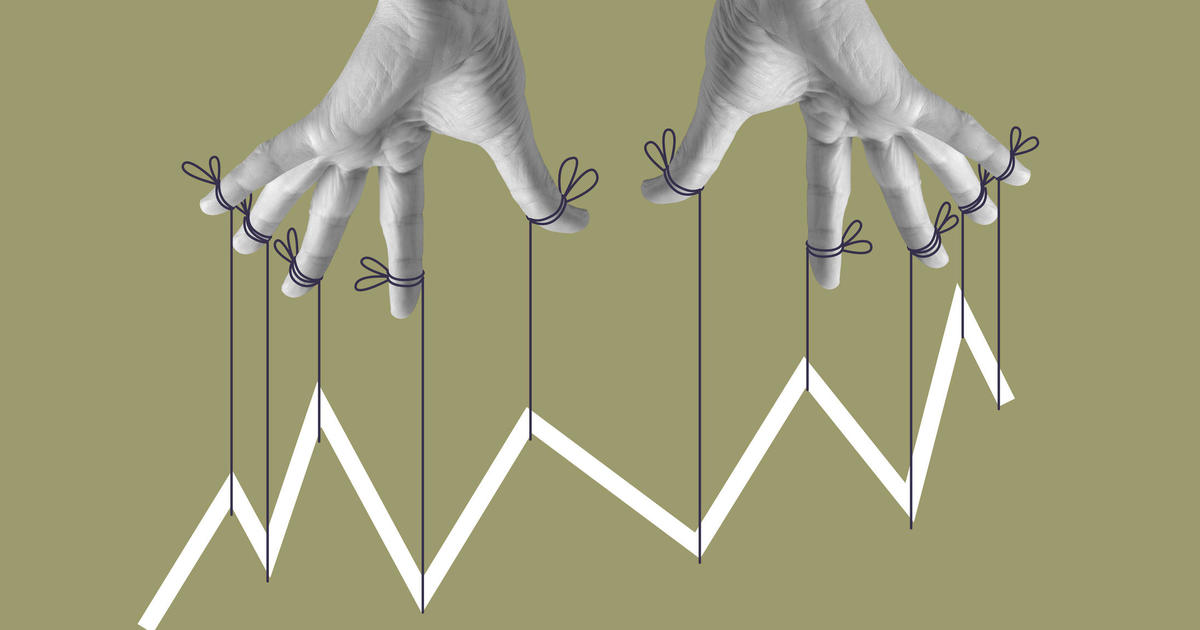1 in 10 Americans don't have enough food, double the rate before pandemic
Financial hardship has spiked during the coronavirus pandemic with more than 1 in 10 adults telling a Census survey during the first week of July that they sometimes or often didn't have enough to eat, a rate that is two-and-a-half times higher than before the crisis.
Renters are struggling as well, with 1 in 5 adults who rent their homes saying they were behind on their payments for the week of July 7, according to the Center on Budget and Policy Priorities, which analyzed Census survey data and from other sources to examine financial strain hitting American households.
Black and Hispanic adults are experiencing worse hardship than Whites, however, with the report finding that about 1 in 5 adults of color saying they have struggled to afford food, while almost one-third and one-quarter of Black and Hispanic adults, respectively, are behind on their rent.
The surge in financial hardship, which has spiked despite trillions in stimulus measures passed by Congress earlier this year, underscores the need for broader measures to help families, the report said. With lawmakers this week hammering out details on another stimulus package, 25 million out-of-work adults may face an income cliff when their extra $600 a week in unemployment benefits from the federal government comes to an end next week.
"Seeing these sobering data, it's fair to ask, 'Have the relief measure so far mattered?' The answer is a resounding 'yes'," said Sharon Parrott, is senior vice president for federal policy and program development at the CBPP on a conference call Tuesday to discuss the report. "Hardship undoubtedly would have been higher if these relief measures weren't in place."
Demand for food aid is on the rise, with data from 42 states suggesting a 17% increase in the number of people receiving food stamps between February and May, the CBPP's analysis found. About 43 million people received food stamps in April, an increase of almost 6 million people since January, according to USDA data.
But the rise in hardship underscores that some adults and families are getting left behind by the stimulus packages. For instance, adults who were out of work before the pandemic stalled the economy were excluded from the extra $600 in weekly unemployment benefits, even though they're now facing the same tough labor market and hiring conditions as workers who lost their jobs after the pandemic shuttered economic activity.
When $1 trillion may not be enough
The next stimulus package should address issues like food insecurity and housing, Parrott added. But, she said, there's concern that the $1 trillion package currently being developed by Republican lawmakers in the Senate may fall short of providing sufficient relief measures.
"A key goal should be to reduce these high rates of hardship and bolster the economy," Parrott said. "Hardship will rise" if the next package fails to address these emerging problems, she added.
While the Republican proposal is still taking shape, it is likely to include another round of direct payments to Americans, billions of dollars for schools and liability protections for businesses. Lawmakers and the White House are hoping to pass a new round of aid by the end of July, before Congress leaves for its August recess.
Some economists believe the nation needs a larger stimulus package, with Oxford Economics estimating a bill worth $1.5 trillion to $2 trillion will be needed.
"A $2 trillion package totaling 10% of GDP would provide much needed support to the economy as fiscal aid passed in March and April is running dry and as a large number of states are re-imposing stricter social distancing measures," Nancy Vanden Houten, lead economist at Oxford Economics, wrote in a Monday research note.



